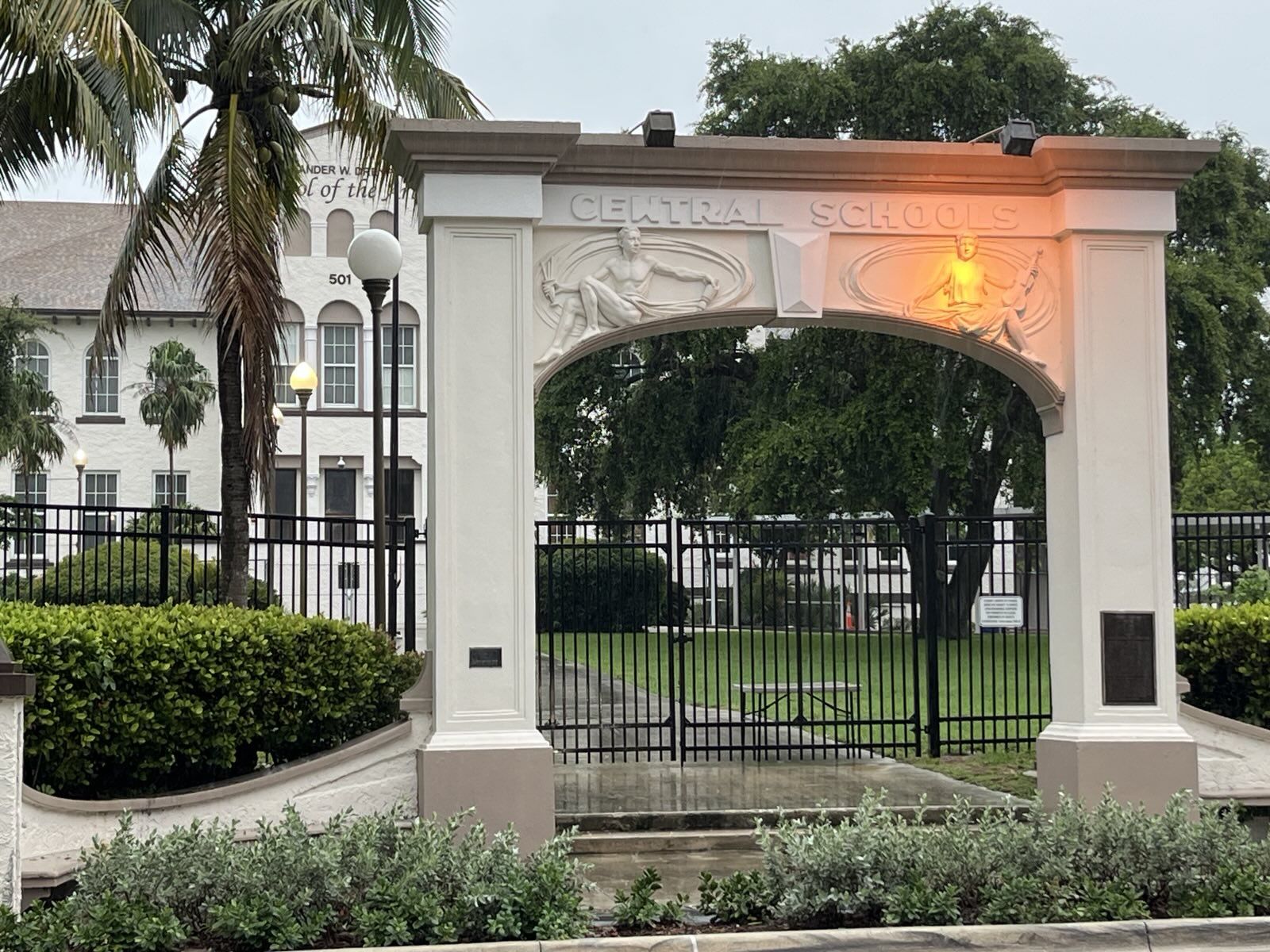In recent years, cannabis legalization has sparked a proliferation of dispensaries, especially in certain urban areas. Consequently, questions have been raised about the possible impact on adolescent cannabis use. A recent study sheds light on this issue, providing valuable insights into the relationship between the presence of local dispensaries and teen cannabis use.
The study, conducted by a team of researchers from the University of Colorado, used a sample of 5,000 adolescents aged 13 to 18 years. Participants were selected from neighborhoods with and without cannabis dispensaries. The findings were both revealing and intriguing.
Contrary to what many have feared, the study found that the mere presence of dispensaries in a neighborhood does not directly correlate with increased cannabis use among teens. In fact, there was no significant difference in cannabis use between teens living in areas with dispensaries and those in areas without. This suggests that the mere proximity of dispensaries does not inherently lead to increased teen cannabis use.
However, it’s important to highlight a crucial aspect of the study’s findings. While the presence of dispensaries didn’t increase cannabis use, the perception and normalization of cannabis among teens was notably higher in areas with dispensaries. This means that while teens in these areas may not be using cannabis more frequently, they seem to view it as more acceptable or normal due to its ready availability and visibility in their community.
The researchers emphasize the importance of educating teens about cannabis use. They note that while dispensaries are designed to serve those who require medical cannabis or those of legal age for recreational use, their presence can inadvertently influence a teen’s perception of cannabis, and this can potentially impact their decisions related to cannabis use.
In conclusion, the study underscores the vital role of open dialogue and evidence-based education about cannabis, particularly in areas with dispensaries. The aim is not to vilify cannabis or its legal use but to help teens understand the implications of its use, especially on their developing brains.
These findings serve as a call to action for educators, parents, and health practitioners to step up efforts in providing balanced, fact-based information on cannabis. As we continue to navigate the repercussions of widespread cannabis legalization, it’s imperative to prioritize the health and well-being of our young people by fostering a culture of understanding, education, and informed decision-making.

